
Willow Dawn Becker
 Top DNA Analysis Professors
Top DNA Analysis ProfessorsDNA analysts look at the bodily fluids, blood and hair follicles found at a crime scene with the purpose of trying to connect these pieces of evidence back to a suspect. Generally, they work in crime labs and have an education founded in genetics, forensic science, molecular biology or a similar field. Of course, not all DNA analysts work on crime scene materials, with some being interested in what DNA analysis tells about genomes, mutations, the likelihood of becoming pregnant, or even about the believed DNA sequencing for Bigfoot. As professors experienced in DNA analysis know, DNA outcomes do not always paint as clear a picture as envisioned. Yet, DNA analysis can clearly be a scientific path for connecting a suspect to a crime. The list of Top DNA Analyst Professors below includes authoritative experts in the field. Many have been published, received awards, or are advocating for ever increased usages and purposes of DNA analysis.
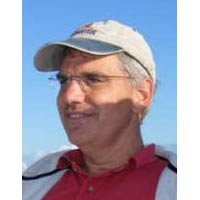
A professor of analytical and forensic chemistry at Florida International University, Dr. Bruce McCord received a $349,000 grant at the end of 2012 to speed up the way that DNA from rape kits are processed. The Sun Sentinel reported that nationally 180,000 kits were in need of processing as of last year. Typically, the sperm and vaginal fluids in these kits need to be separated before the male DNA can be analyzed, but Dr. McCord's method would allow for the identification of the male DNA without the separation taking place. The grant came from the U.S. Department of Justice, but other research that Dr. McCord has done has received support from the Department of Homeland Security and the National Science Foundation.
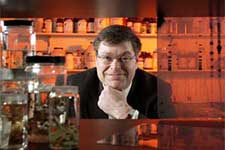
From writer workshops to founding a company, Dr. Dan Krane of Wright University in Ohio certainly keeps things stirred up. In Oct. 2013, he was a keynote speaker at a Writers Police Academy in North Carolina to which writers flocked to learn more about law enforcement and forensic techniques. He also started a company, Forensic Bioinformatics, back in 2002, to review the DNA results presented in legal cases and has run that ever since. In fact, Krane, a professor in the school's department of biological sciences, acted as part of the 'dream team' at the O.J. Simpson trial.
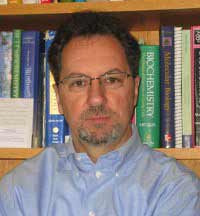
Dr. James Landers and a team of researchers associated with the University of Virginia have created a portable DNA analysis unit that could lead to DNA results being available within minutes instead of days, according to UVa Today. They have teamed up with Lockheed Martin, which is expected to produce and make the units available to select clients beginning in May 2014. The unit uses 'lab-on-a-chip' technology, which essentially is a full-service lab miniaturized onto a small portable device. No wonder that Landers is both a professor of chemistry and engineering and an associate professor in pathology at the school.
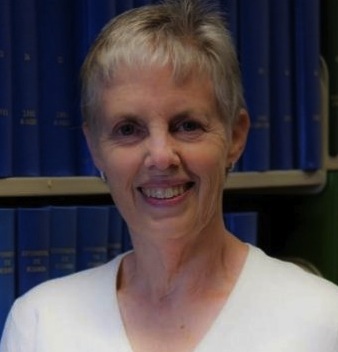
Dr. Robin Cotton, an associate professor at Boston University and the director of its Biomedical Forensic Sciences program, has testified as a DNA analysis expert in approximately 200 criminal cases. Her current research work focuses on the amplification of low copy number DNA, and she also recently received a training grant from the National Institute of Justice. She teaches courses in forensic DNA analysis and advanced DNA analysis, and, prior to joining the university, worked at Cellmark Diagnostics, also serving as its director from 1994 to 2006.
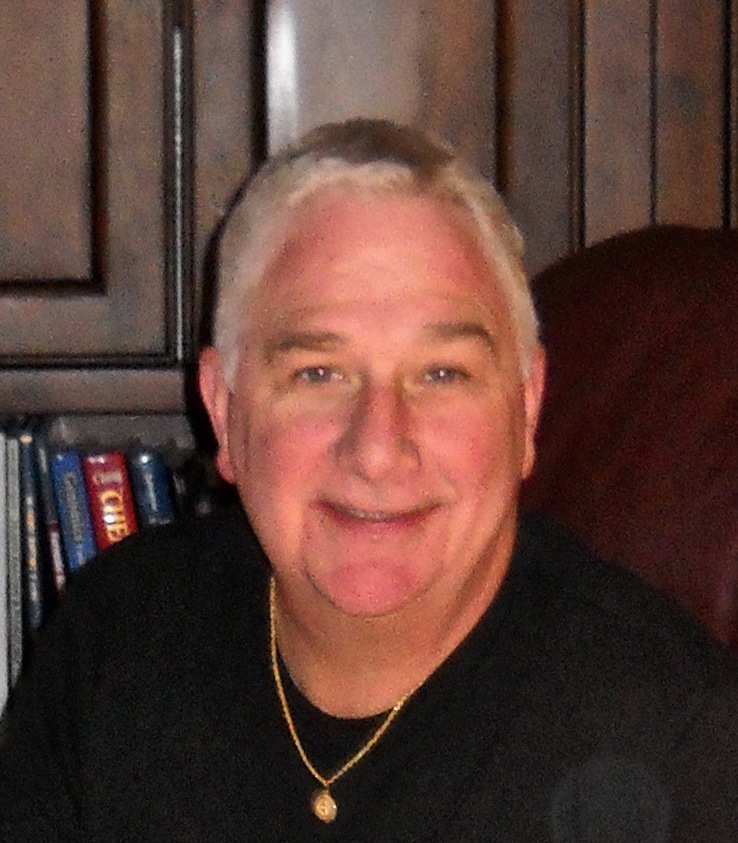
Dr. J. Thomas McClintock is a professor of biology at Liberty University in Virginia, as well as a forensic DNA analyst, forensic entomologist, and molecular biologist. To assist in criminal and paternity cases, he founded DNA Diagnostics, Inc. back in 1993, providing expert DNA advice in more than 200 cases. Additionally, he has given numerous training seminars and workshops to investigators, law enforcement officials and police about DNA evidence handling and analysis, court room DNA evidence presentation, and more.
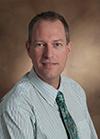
Dr. Frederic Zenhausern is a professor and the director of the Center for Applied Nanobioscience and Medicine at the University of Arizona. In October of this year, he gave a presentation at the Arizona Science Center about the creation of his Mutation Identification DNA Analysis System, MIDAS, which is a portable DNA analyzer that can be taken to crime scenes. The mass production of MIDAS could result in a quicker turnaround of DNA analysis, important given that suspects are released 48 hours following arrest if there is no evidence to detain them. He has co-authored 70-plus academic articles and has his name on more than a dozen U.S. patents.
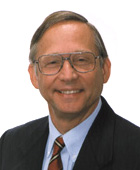
Dr. Richard Mathies is a professor of chemistry at the University of California, Berkeley, whose work on the Human Genome Project has led to the creation of new high-speed DNA analysis technologies. This includes energy transfer fluorescent dye labels that can be used for DNA analysis and sequencing. Dr. Mathies, who obtained his PhD from Cornell University, also co-founded the university's Center for Analytical Biotechnology.
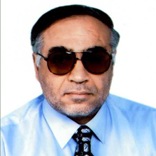
Dr. Hisham Ragab is a professor at the University of Toronto, Mississauga's forensic science program. In the early 1990s, he studied under DNA expert Dr. Henry Lee, who later recommended him to lead the opening the first DNA laboratory in the United Arab Emirates, which he built up to an eventual staff of 22. Now, at the University of Toronto, he brings a practical approach to the classroom, making sure that guest speakers are a part of instruction, and that students understand the kinds of problems they could encounter in casework, such as evidence contamination and DNA degradation.
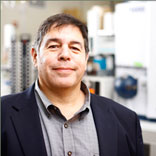
Dr. Art Eisenberg is a professor at the University of North Texas Health Science center and chairman of the Department of Forensic and Investigative Genetics. He is also co-director of the university's Center for Human Identification, which established the Texas Missing Persons DNA Database. His lab has received funding from the National Institute of Justice to conduct DNA analysis on unidentified human remains and potentially connect them to missing people throughout the U.S. He has also served on the U.S DNA Advisory Board, and the Department of Justice Missing Persons Task Force.
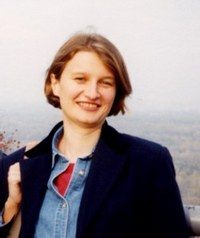
As a professor of biology at Penn State University, Dr. Kateryna Makova has interests in bioinformatics, evolutionary genomics, human genetics, and molecular evolution. Along with two other professors, she helped launch Galaxy, a web-based, open-source platform that allows professors interested in DNA sequencing and analysis to find useful software tools on the cloud. She also runs the Makova Lab at Penn State, which primarily focuses on genome evolution as related to mutations.
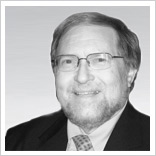
Well-known for his skills in DNA analysis and forensic science, Dr. Lawrence Kobilinksy is chairman of the science department at John Jay College in New York. His particular research relates to using the latest technologies to link physiological fluids and tissues to potential suspects at crime scenes. He has acted in an advisor capacity to crime scene laboratories set up in Brazil, China, the Dominican Republic and Mexico. Among the awards that he has won, is the "Medal of the City of Mogi das Cruzes" from Brazil for his efforts in setting up a forensic science lab in the city's rape crisis center. He is also editor of the "Inside Forensic Science" series.
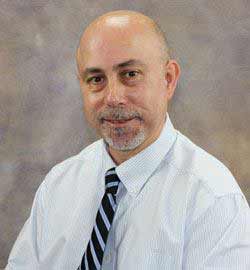
Dr. Lawrence Quarino is the director of the forensic science program at Cedar Crest College in Pennsylvania. His professional experience includes employment as a forensic scientist with the New Jersey State Police and as a supervising forensic scientist with New York City's Office of the Chief Medical Examiner. He worked as a molecular biology consultant for the World Trade Center Identification Project, has taught classes including "Trace Evidence and Microscopy" and has written about detecting cocaine in hair samples using a new freeze/thaw method.
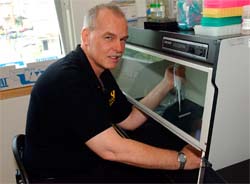
Dr. Clifton Bishop is an associate professor in the department of biology at West Virginia University. His research has focused on new strategies for estimating the age of biological samples using developments in DNA technology. He was formerly director of the school's Forensic and Investigative Science Program.

As an associate professor at Dakota State University, Dr. Josh Pauli has been published in peer-reviewed journals and presented papers at events such as the International Conference on Information Technology, as well as the International Conference on e-Learning, e-Business, and Enterprise Information Systems. He's received multiple grants, including $100,000 in August 2013 from the National Science Foundation for his "CyberSTARS Summer Camp for 10-12 graders." In October, he was a panelist at a Better Business Bureau event called "Cyber Security Reality Check: What you need to know," where he discussed cybersecurity programs available through the school and cybersecurity attacks that the business community should be on the watch for. Of note, he is employed at one of the few schools in the nation that has been selected by the National Security Agency for a Center of Academic Excellence in Cyber Operations.
The following criteria were used in compiling this list of Top DNA Analyst Professors. Not all criteria below applied to each and every professor, but many of the listed professors may have:
Some of these professors have become involved in research or projects that have promulgated new technologies or strategies in DNA analysis.
All of the professors on this list have received doctoral-level degrees. Many have expertise that is grounded in biology or other scientific fields, but may also have gained DNA analysis experience from previous professional employment.
Many of these professors are involved in forensic science programs at the student level, or may provide training to police, detectives and technician personnel.
Many of these professors have co-authored academic articles about new DNA analysis techniques, or the processes that are resulting in unusual or interesting DNA findings.

Willow Dawn Becker
Willow is a blogger, parent, former educator and regular contributor to www.forensicscolleges.com. When she's not writing about forensic science, you'll find her blogging about education online, or enjoying the beauty of Oregon.